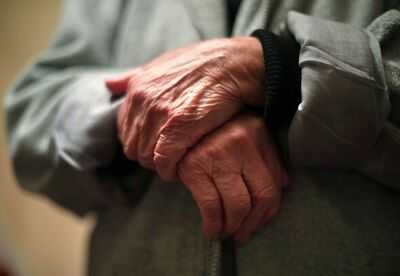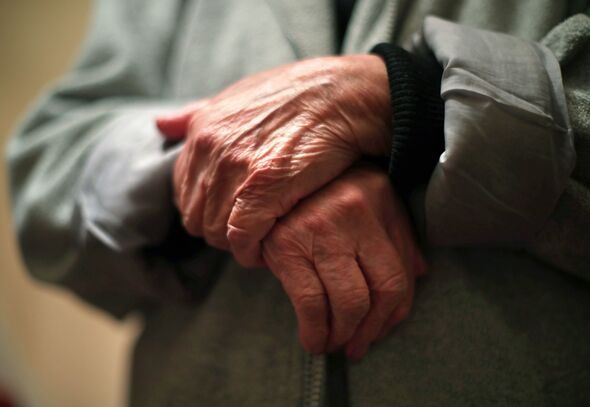

The number of Britons working full time as unpaid carers has soared by 70% in a decade with nearly two million people caring for 35-plus hours a week. England's social care system is at "breaking point" and will "surge in the future" as demand rises and the nation becomes increasingly reliant on people who care for free, the Institute for Public Policy Research (IPPR) has warned.
There were 1.1 million people providing 35 hours or more a week in 2023-24 but this had soared to 1.9 million by 2023-24. Requests for support have also increased, with working age adults increasingly needing care; requests from those aged 16-64 shot up by 31.5%, compared to a 9% rise from those aged 65-plus.
The research found while there had been a 15% hike in people requesting some form of adult social care this has "only been met with a 2.5% increase in those receiving it".
Abby Jitendra, a policy adviser at the Joseph Rowntree Foundation who wrote the IPPR paper, said: "Millions of us are carers or need care, and this number will surge in the future. But families are being left to navigate a neglected system - paying sky-high costs, sacrificing work to care, and too often going without the support they need.
"We need to build a care system that works like a public service: universal, affordable, reliable and fair. That means bold reform now - not another decade of drift."
Emily Holzhausen of Carers UK warned of the "devastating impact that substantial unpaid care of over 20 hours per week can have on carers' health, wellbeing and ability to juggle work and care".
She said: "A growing number of carers are struggling with their own health due to the enormous pressures they are under. This is clearly a result of the shortage of adequate and properly funded social care and health services to support unpaid carers and the people they care for, in addition to an ageing population."
Sir Ed Davey, leader of the Liberal Democrats, who nursed his mother during her battle against cancer and now cares for his disabled son, said: "Most care happens not in care homes but in people's homes; provided not by paid care staff but by family members and other loved ones. Parents and grandparents, husbands and wives, siblings and children. We don't talk about it much, but we are a nation of carers.
"So the answers to the care crisis can't just be about tinkering with the formal systems of childcare and social care as they exist today. We need to take a step back as a country and ask some more fundamental questions about how we can better support families."